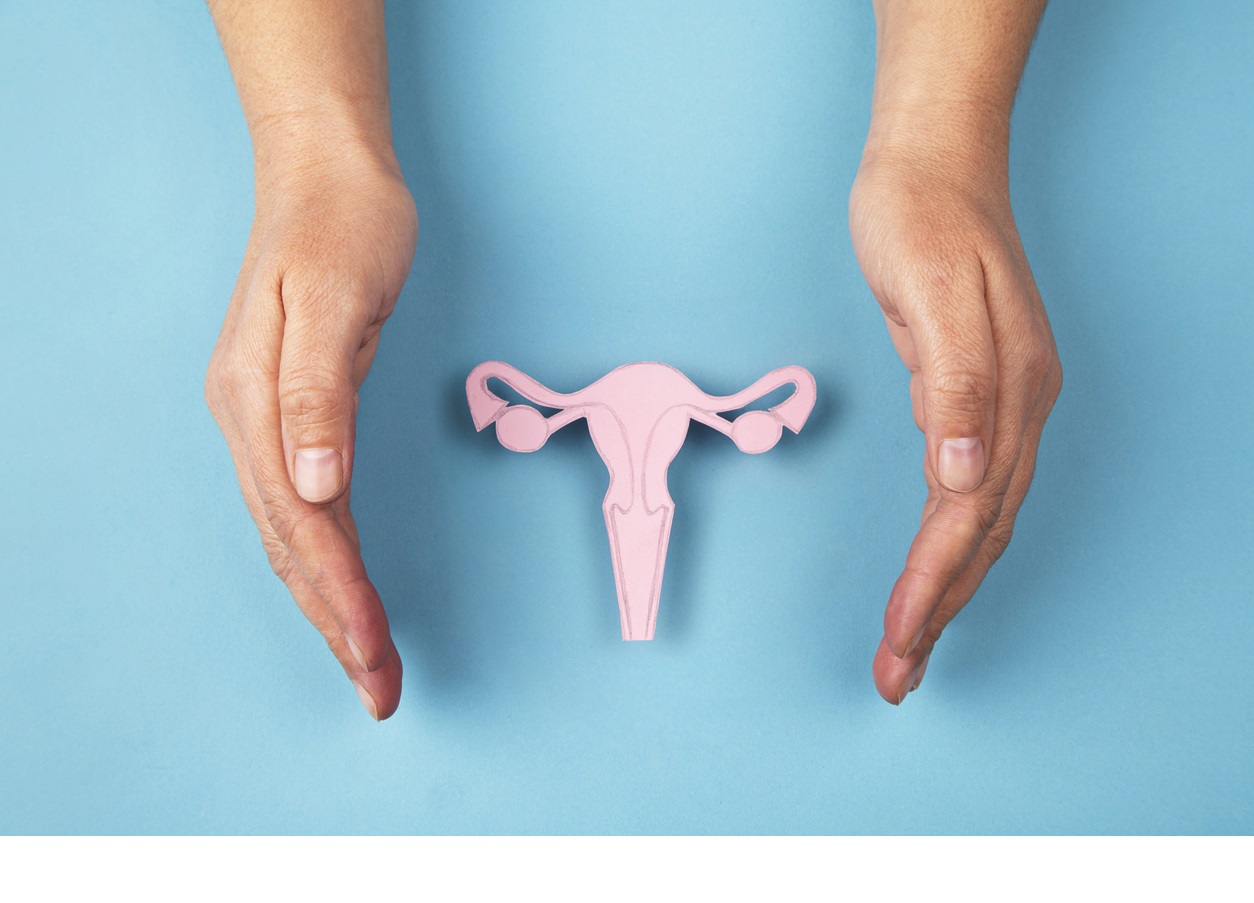Pregnancy cravings often begin in the first trimester as hormonal shifts influence taste and smell...
Read More
Cervical health is a critical component of overall well-being, and taking a proactive approach to care across different life stages is essential for maintaining a healthy reproductive system. Let's explore guidelines for cervical health care from adolescence through menopause.
In the early years of adolescence (ages 13 to 18), establishing a foundation for cervical health is crucial, starting with vaccination and education.
As you transition into early adulthood (ages 19 to 30), safe sex practices, along with regular screenings for HPV and cervical cancer, become more important. “HPV is an extremely common sexually transmitted infection, especially among sexually active individuals 18 to 30 years old,” said Lee Appelbaum, D.O., Obstetrics and Gynecology Physician at Inspira Medical Group. “But it’s also the leading cause of cervical cancer, making regular screenings and well-woman exams crucial.”
From your 30s through your 50s, you become more at risk of cervical cancer. “Cervical cancer is most frequently diagnosed in individuals between the ages of 35 and 44, with the average age being 50,” said Dr. Appelbaum. “It rarely develops in people younger than 20.”
After 50 years old, in your menopausal and postmenopausal years, you may still be at risk for cervical cancer. “More than 20 percent of cervical cancers are found in individuals over 65,” said Dr. Appelbaum. “However, these cancers rarely occur in those who’ve been getting regular screenings throughout their life, as screening helps detect cancers at their earlier stages.”
“Unfortunately, you can still get cervical cancer after 65, but if you’ve had several negative tests in a row within the previous ten years, you can stop testing,” said Dr. Appelbaum.
Inspira’s skilled gynecologic oncologists are specially trained to diagnose and treat a range of cancers affecting the reproductive organs and surrounding tissue. Learn more about gynecological cancer.
Inspira Medical Group offers an experienced team of women’s health specialists throughout Cumberland, Gloucester, and Salem counties. To begin your journey to find a women’s health care provider at Inspira, click here.

Pregnancy cravings often begin in the first trimester as hormonal shifts influence taste and smell...
Read More
Dysphoric milk ejection reflex (D-MER) is a condition that causes sudden negative emotions during...
Read More
Polycystic Ovary Syndrome (PCOS) affects millions, yet many misconceptions still surround this...
Read More